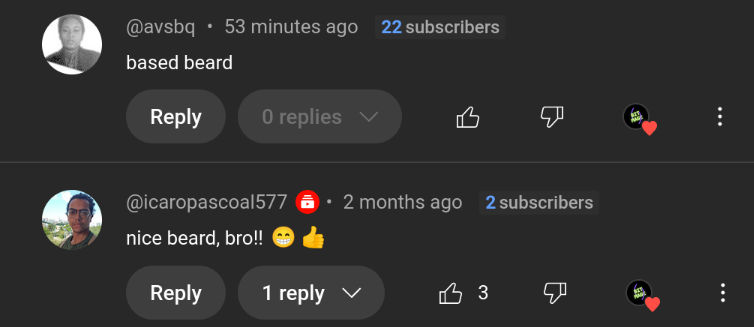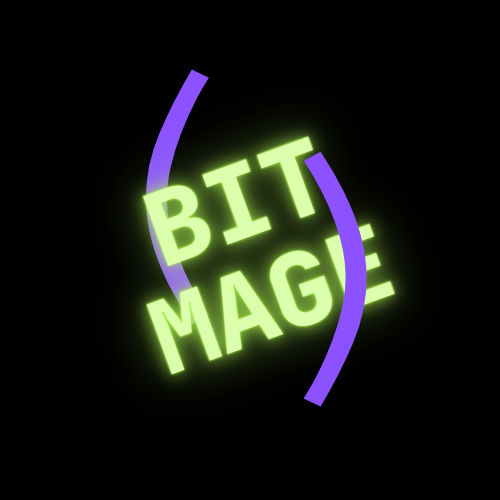I'm in the Business of Ideation
People have been responding to emacs and my beard.

For a while I thought I did not have a lot to say. Turns out a lot of other humans are quite interested in the much of the same things that I’m into: my hatred for the mouse, and the consequent love for efficient workflows being some of them.
I’ll give the people what they want: I get to enjoy esoteric tech and spread the word, growing a cult, while other humans have enlightened experiences (believe me I do talk like this in person) and continue propogating the techno-propaganda about enjoying computer science.
